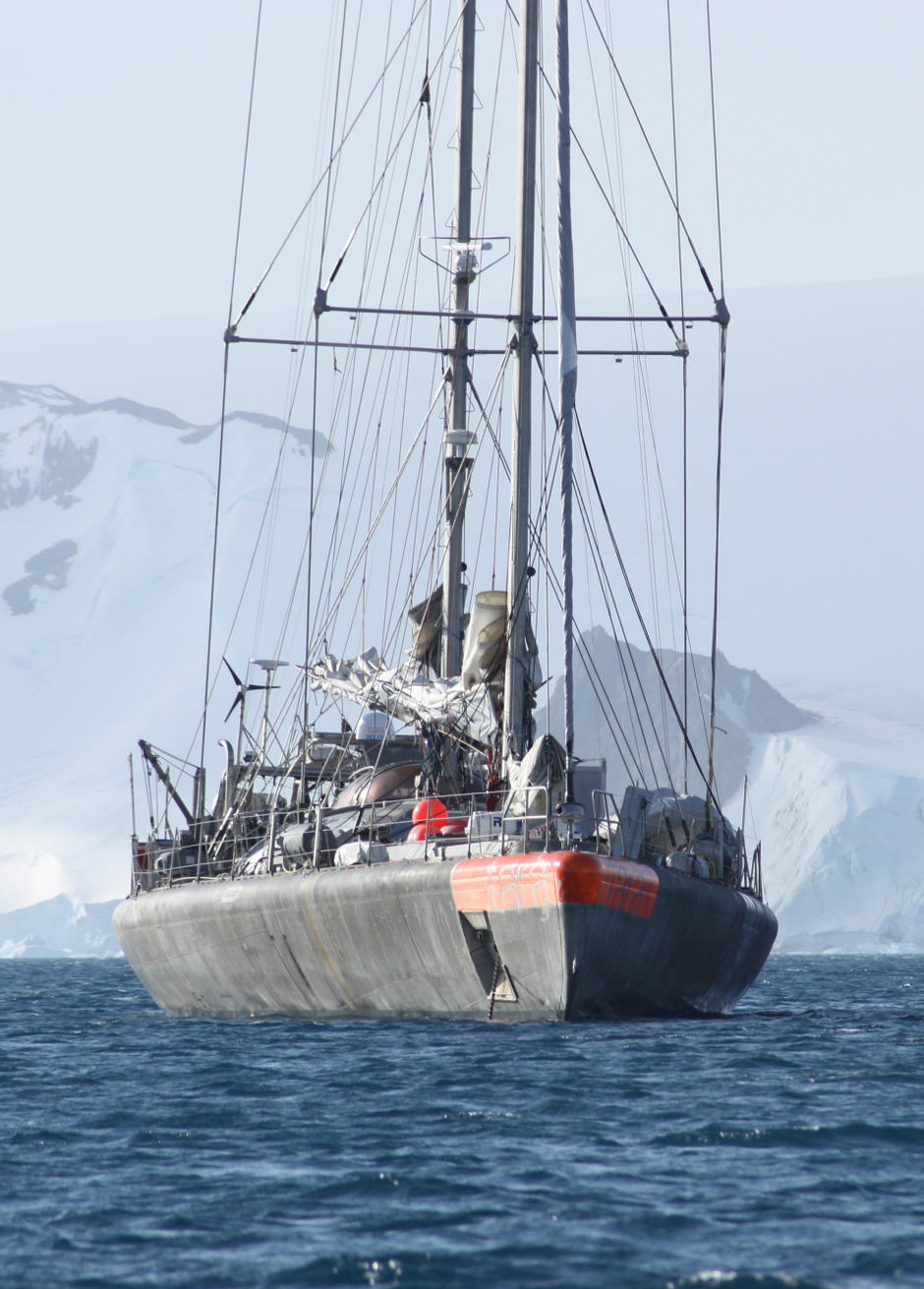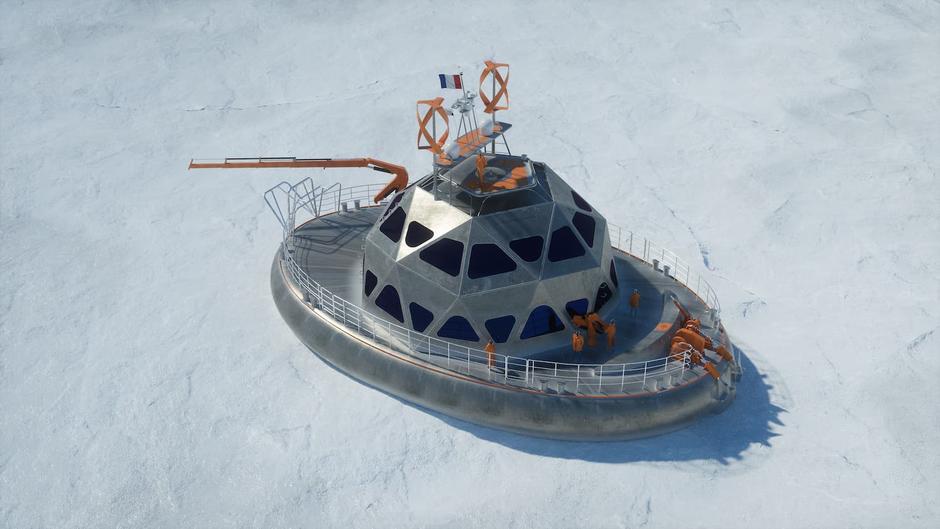Living in harmony with nature, conserving resources and biodiversity, mitigating climate disruption – all these can help keep our planet habitable. The Foundation encourages initiatives to build public awareness and teach eco-responsible behavior. It also supports ambitious projects aimed at understanding and restoring natural environments. The Foundation contributes to their financing and helps raise their profile, with the attentive and enthusiastic support of a sponsor.
HIGHLIGHT PROJECT
Tara, permanent witness of the state of our seas and oceans
Supported by Veolia Foundation, Tara Expeditions organizes voyages to study and understand the impact of climate change and the ecological crisis facing the world's oceans.
Six Tara expeditions vere supported by the Veolia Foundation:
- Tara Oceans (2009-2013) : An unprecedented three-year scientific expedition on all the seas of the globe (understanding the spatial organisation of ecosystems and understanding their response to atmospheric viariations).
- Tara Mediterranean (2014) : Destination the Mediterranean to investigate the impact of plastics on the ecosystem.
- Tara Pacific (2016-2018) : Focus on coral reefs with the aim of furthering understanding of their evolution in the face of climate change and the ecological disruptions taking place on our planet.
- Tara Microplastic Mission (2019): For six months, the schooner Tara is back on the water for a mission that will lead the team on ten rivers in Europe. Objective: characterize the flows of microplastic pollution to assess the impact of plastics from land to sea.
- Tara Mission Microbiomes (2020-2022) : Engaged in a new two-year expedition, the schooner Tara will study the microbiome and continue its work to raise awareness among the general public and schoolchildren in particular.
- TREC expedition: from April 2023, Tara will be sailing around Europe as part of Europa, the maritime component of the European scientific programme TREC (Traversing European Coastlines).
The Tara Polar Station, a drifting polar scientific station due to be launched in 2025, has also received support from the Veolia Foundation from 2019.

Tara Polar Station: studying the Arctic, sentinel of the climate
The Tara Ocean Foundation in figures:
6 expeditions supported by the Veolia Foundation
500,000 km covered on oceans, seas and rivers
More than 1,100 scientific publications
120,000 samples collected
More than 110,000 marine species discovered
200,000 viruses discovered


